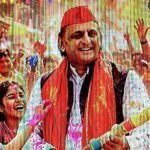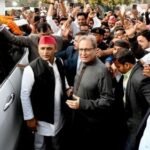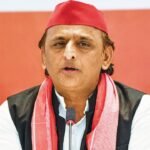BY MOHAMMAD TARIQUE SALEEM

The Oman Film Society participated in the International Film Festival of Australia (IFFA) as part of its ongoing efforts to deepen cinematic cooperation with international film festivals and to create wider opportunities for Omani films on global platforms. The participation reflects the Society’s growing commitment to positioning Omani cinema within influential international cinematic forums, with a particular focus on building a lasting relationship with IFFA.
Through its presence at the festival, the Society sought to open new channels for future collaboration, especially in the field of joint film production. By engaging with filmmakers, producers, festival organizers, and industry professionals from different parts of the world, the Oman Film Society explored possibilities for co-productions that can blend creative perspectives while showcasing Omani stories to international audiences. Such collaborations are seen as a key pathway for increasing the reach and impact of Omani films beyond regional boundaries.

Another central objective of the Society’s participation was to identify opportunities for training, professional development, and the exchange of expertise. The festival provided a dynamic environment for dialogue on contemporary filmmaking practices, emerging technologies, and evolving storytelling techniques. By interacting with global peers, Omani filmmakers can gain valuable insights into international standards of production, distribution strategies, and festival programming, knowledge that can significantly enhance the quality and competitiveness of local productions.
The Society’s involvement at IFFA also aimed to strengthen the visibility of Omani cinema on the international stage. Film festivals serve not only as screening platforms but also as cultural meeting points where national cinemas are introduced, discussed, and appreciated. By maintaining an active presence at such events, the Oman Film Society helps ensure that Omani films and filmmakers are part of global cinematic conversations, fostering recognition and interest in the Sultanate’s creative output.
Importantly, this participation marks a meaningful step toward empowering Omani creative talent. Exposure to diverse creative and technical practices allows filmmakers to refine their skills, broaden their artistic vision, and adapt innovative approaches within their own work. Over time, these experiences contribute to the growth of a more confident, skilled, and internationally connected film community in Oman.
In the broader context, the Society’s engagement with IFFA supports the long-term development of the film industry in the Sultanate of Oman. By expanding access to international markets and festivals, the Oman Film Society is helping to build a sustainable ecosystem where local stories can travel globally, cultural exchange is strengthened, and Omani cinema continues its steady rise on the world stage.










